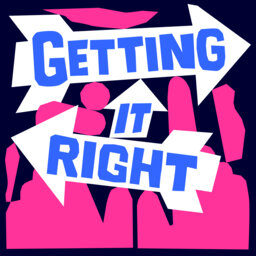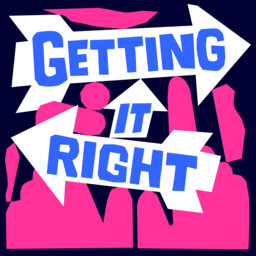Code-switching – Why some employees feel the need to “play a role” at work
We all have different ways of presenting ourselves in different situations. We might talk or act differently at work than we do around family and friends. It’s called code-switching.
But for people of diverse backgrounds, constantly changing who you are to fit in with a certain work culture takes an exhausting toll.
Dwayne Good is the founder of Aboriginal-owned travel company, InTravel Group. He’ll explain why the subtle codes we sometimes have to live by at work are out-dated. And how to create a workplace where employees don’t need to switch.
+++
Getting It Right is a Jobsbank podcast. It was produced by Deadset Studios and hosted by Rae Johnston.
Find your downloadable Getting It Right Guide here; plus plenty more handy resources to help you with inclusive hiring at the Jobsbank Resource Centre.
CREDITS
Host: Rae Johnston
Deadset Studios executive producers: Kellie Riordan, Ann Chesterman, Rachel Fountain
Deadset Studios producer: Luci McAfee
Sound Design: Scott Stronach
We acknowledge Aboriginal and Torres Strait Islander peoples as the First Australians and Traditional Custodians of the land on which this show was made.
In 1 playlist(s)
Getting it right
Is there a way to scale a good decision so that it works not just for your business, but for society…Social links
Follow podcast
Recent clips

Mentor makeover – How to make it work for you
10:58

Breaking down barriers – How to spot bias and remove it from your workplace
11:32

The view from the top – How to change the face of your leadership team
10:19
 Getting it right
Getting it right